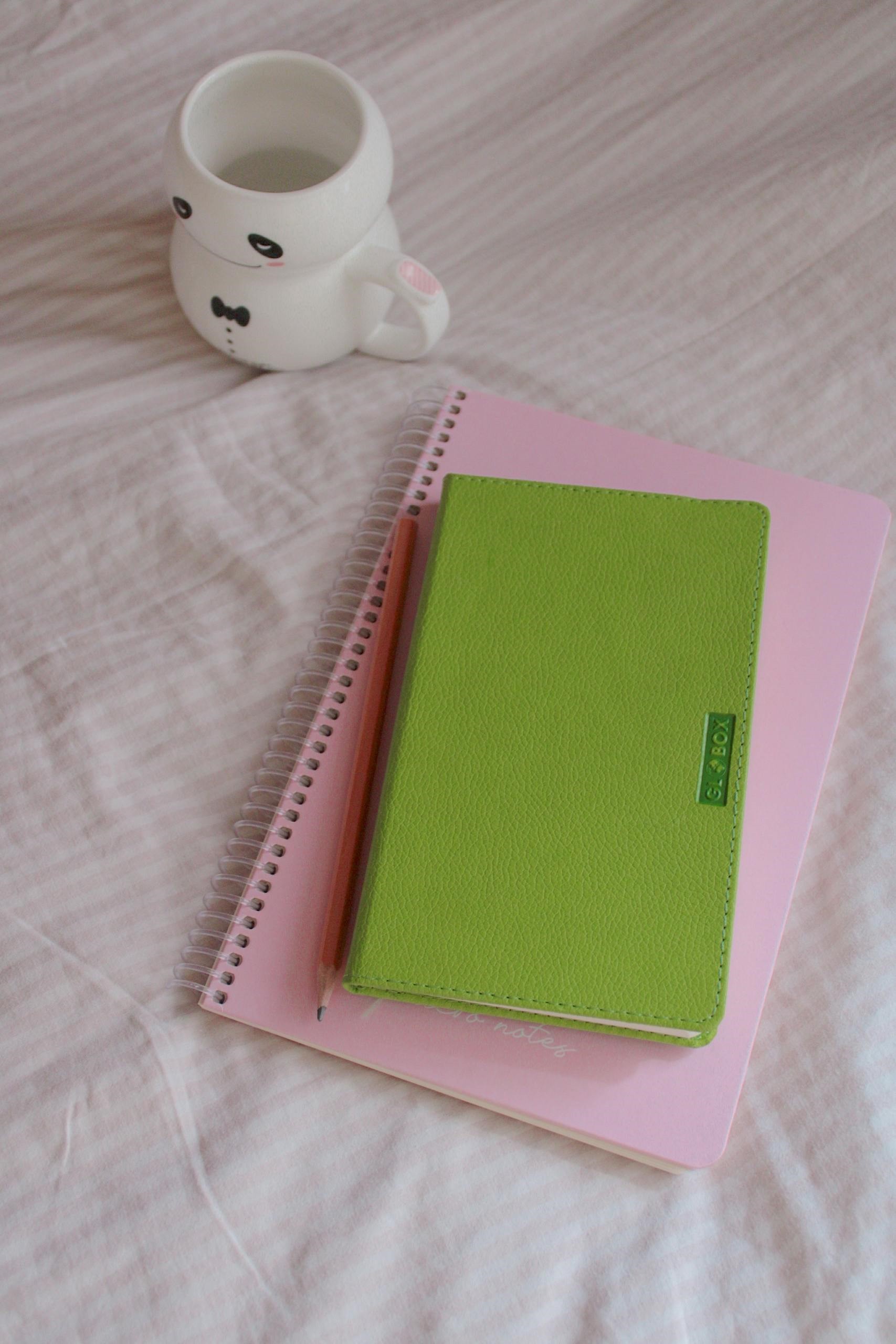Self-care is a vital component of maintaining overall well-being and health. It encompasses a range of activities and practices that nurture the mind, body, and spirit, helping individuals to manage stress, prevent burnout, and enhance their quality of life. Developing a self-care routine is not just about indulging in occasional pampering but about integrating thoughtful practices into daily life that support physical, emotional, and mental health. This comprehensive guide explores how to create an effective self-care routine, the benefits it offers, and practical strategies for incorporating self-care into a busy lifestyle.
1. Understanding the Importance of Self-Care
Physical Health: Self-care involves practices that promote physical health, such as regular exercise, proper nutrition, and adequate sleep. Maintaining physical health is foundational to overall well-being and can prevent a range of health issues.
Emotional Well-Being: Emotional self-care includes activities that help manage stress, anxiety, and emotional turbulence. Engaging in practices like mindfulness, journaling, and seeking support from loved ones can enhance emotional resilience.
Mental Clarity: Mental self-care focuses on maintaining cognitive health and mental clarity. This involves activities that stimulate the mind, such as reading, learning new skills, or engaging in creative pursuits.
Social Connections: Building and maintaining healthy relationships is also a crucial aspect of self-care. Social interactions provide support, reduce feelings of isolation, and contribute to emotional well-being.
Spiritual Fulfillment: For some, self-care includes spiritual practices that align with personal beliefs and values. This might involve meditation, prayer, or engaging in activities that foster a sense of purpose and inner peace.
2. Identifying Personal Needs and Goals
Self-Assessment: Begin by assessing your current self-care practices and identifying areas where you may need improvement. Consider aspects such as physical health, emotional well-being, stress levels, and personal interests.
Setting Goals: Define what you want to achieve with your self-care routine. Goals might include reducing stress, improving physical fitness, enhancing sleep quality, or finding more balance in life.
Prioritizing Needs: Prioritize your needs based on what will have the most significant impact on your well-being. Tailor your self-care routine to address these priorities while remaining realistic and achievable.
3. Designing a Balanced Self-Care Routine
Physical Self-Care:
- Exercise: Incorporate regular physical activity into your routine, such as walking, running, yoga, or strength training. Aim for at least 150 minutes of moderate exercise per week.
- Nutrition: Focus on a balanced diet that includes a variety of fruits, vegetables, lean proteins, and whole grains. Stay hydrated by drinking plenty of water throughout the day.
- Sleep: Establish a consistent sleep schedule and create a relaxing bedtime routine. Aim for 7-9 hours of quality sleep each night.
Emotional Self-Care:
- Mindfulness and Meditation: Practice mindfulness or meditation to manage stress and enhance emotional resilience. Spend a few minutes each day focusing on your breath or engaging in guided meditation.
- Journaling: Keep a journal to express your thoughts and feelings. Journaling can help process emotions and gain insights into your mental state.
- Therapy and Support: Seek professional help if needed. Regular therapy sessions can provide valuable support and coping strategies for managing emotional challenges.
Mental Self-Care:
- Engage in Hobbies: Dedicate time to hobbies and interests that stimulate your mind and bring joy. This might include reading, painting, or learning a new skill.
- Continuous Learning: Pursue opportunities for personal and professional growth through courses, workshops, or self-study. Lifelong learning can keep your mind sharp and engaged.
- Digital Detox: Limit screen time and take breaks from digital devices. Engage in activities that allow you to disconnect and focus on real-world experiences.
Social Self-Care:
- Quality Time: Spend time with friends and family, fostering meaningful connections and nurturing relationships.
- Social Activities: Participate in social activities or join groups that align with your interests. This helps build a sense of community and support.
- Boundaries: Set healthy boundaries to protect your personal time and energy. Learn to say no when necessary to avoid overcommitment.
Spiritual Self-Care:
- Reflection: Engage in practices that reflect your spiritual beliefs, such as meditation, prayer, or attending religious services.
- Purpose: Find activities that give you a sense of purpose and fulfillment. This might include volunteering or pursuing causes that resonate with your values.
- Gratitude Practice: Cultivate gratitude by reflecting on positive aspects of your life. Keeping a gratitude journal can help shift focus to what you appreciate.
4. Implementing and Maintaining Your Routine
Create a Schedule: Develop a realistic schedule that integrates self-care practices into your daily or weekly routine. Use planners, apps, or reminders to stay organized and committed.
Start Small: Begin with small, manageable changes to avoid feeling overwhelmed. Gradually build up your self-care routine by incorporating one or two new practices at a time.
Stay Flexible: Life can be unpredictable, so be flexible with your self-care routine. Adjust your practices as needed based on changing circumstances, stress levels, or personal needs.
Track Progress: Keep track of your self-care activities and reflect on their impact. Monitoring your progress helps identify what works best for you and makes it easier to stay motivated.
Self-Compassion: Practice self-compassion and avoid self-criticism if you miss a day or struggle to maintain your routine. Recognize that self-care is an ongoing process and that it’s okay to make adjustments.
5. Overcoming Common Barriers
Time Constraints: If you have a busy schedule, find creative ways to integrate self-care into your day. Short bursts of activity, such as a 10-minute meditation or quick workout, can still be effective.
Financial Limitations: Self-care doesn’t have to be expensive. Many practices, such as journaling, mindfulness, or walking, are cost-free or low-cost. Focus on what you can do with the resources you have.
Motivation: Maintaining motivation can be challenging. Set clear goals, celebrate small victories, and remind yourself of the benefits of self-care to stay inspired.
Guilt: Overcoming guilt about taking time for yourself is important. Remember that self-care is essential for your health and well-being, and investing in yourself benefits everyone around you.
6. Evaluating and Adjusting Your Routine
Regular Check-Ins: Periodically assess the effectiveness of your self-care routine. Reflect on how the practices are impacting your well-being and make adjustments as needed.
Adapt to Changes: Be open to adapting your routine based on life changes, such as new responsibilities, changes in health, or shifts in personal priorities.
Seek Feedback: Consider discussing your self-care routine with a trusted friend, family member, or healthcare provider. They can offer valuable insights and support.
7. The Long-Term Impact of Self-Care
Enhanced Well-Being: A consistent self-care routine contributes to overall well-being, including better physical health, improved emotional resilience, and mental clarity.
Reduced Stress: Regular self-care practices help manage stress effectively, reducing the risk of burnout and enhancing your ability to cope with life’s challenges.
Increased Productivity: By prioritizing self-care, you can improve focus, energy levels, and productivity, leading to better performance in both personal and professional areas.
Stronger Relationships: Investing in self-care helps maintain healthy relationships by ensuring you have the energy and emotional resources to connect with others meaningfully.
Conclusion
Creating a self-care routine is a transformative process that fosters holistic health and well-being. By identifying personal needs, designing a balanced routine, and overcoming common barriers, individuals can integrate self-care practices into their daily lives. The benefits of a well-crafted self-care routine extend beyond immediate relief and contribute to long-term health, resilience, and fulfillment. Prioritizing self-care is not a luxury but a fundamental aspect of a healthy, balanced life.

